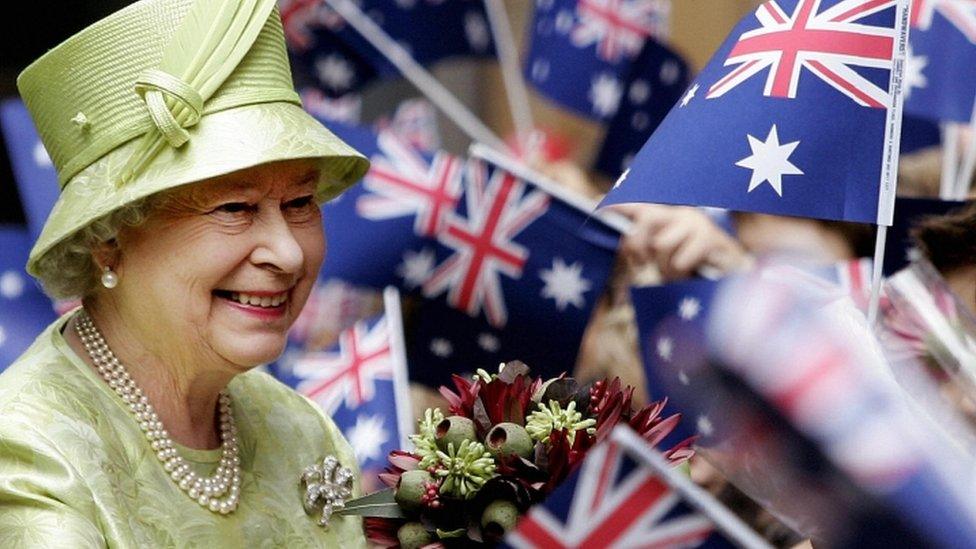Commonwealth meeting: Queen hopes Prince Charles will succeed her
- Published
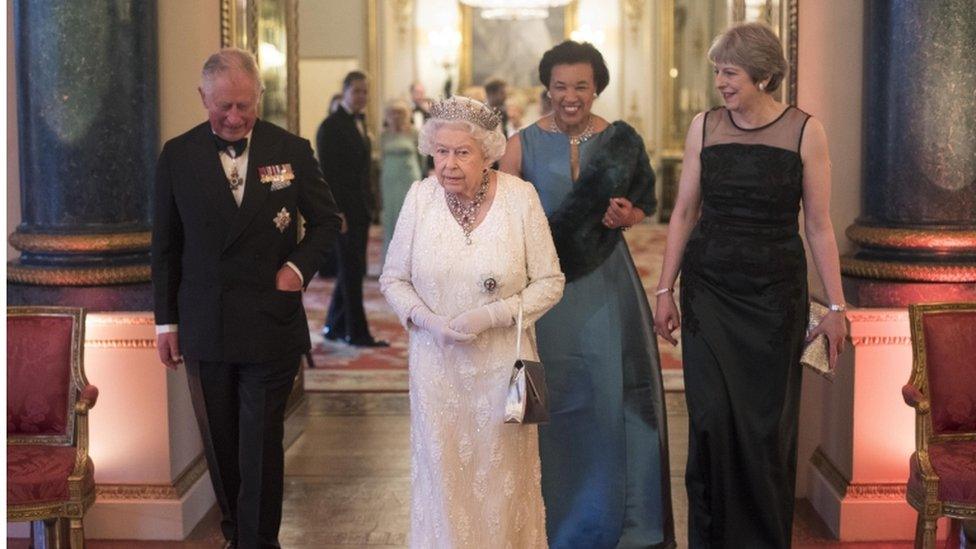
The Queen arrived at the state dinner for the heads of the Commonwealth countries flanked by Prince Charles, Baroness Scotland and Theresa May
The Queen has appealed to Commonwealth leaders to appoint her son, Prince Charles, to succeed her as their head.
She said it was her "sincere wish" that Prince Charles takes over "one day", as she opened the Commonwealth Heads of Government Meeting (CHOGM) in London.
The role is not hereditary and will not pass automatically to the Prince of Wales on the Queen's death.
The 53 leaders, gathered at Buckingham Palace, are expected to sign off the deal when they meet on Friday.
There had been some suggestions that the position should be rotated around member states, the BBC's James Landale says.
Addressing the gathering of dignitaries, royals and the prime minister, the Queen said it was a "pleasure, this time, to welcome you to my home" for the biennial meeting.
She said it remained a "great pleasure and honour to serve you" and to observe "with pride and satisfaction that this is a flourishing network".
She added: "It is my sincere wish that the Commonwealth will continue to offer stability and continuity for future generations, and will decide that one day the Prince of Wales should carry on the important work started by my father in 1949."
Other issues under discussion at the two-day summit include ocean conservation, cyber security, and trade between the countries.
Singer Emeli Sande began proceedings with a rendition of the National Anthem in the palace's ballroom.
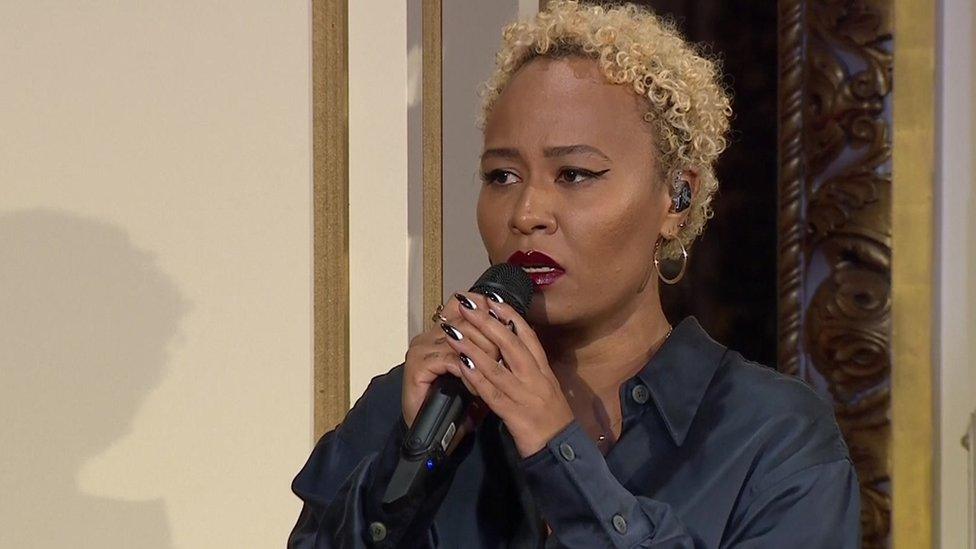
Emeli Sande, who has family ties to Zambia, sang God Save the Queen
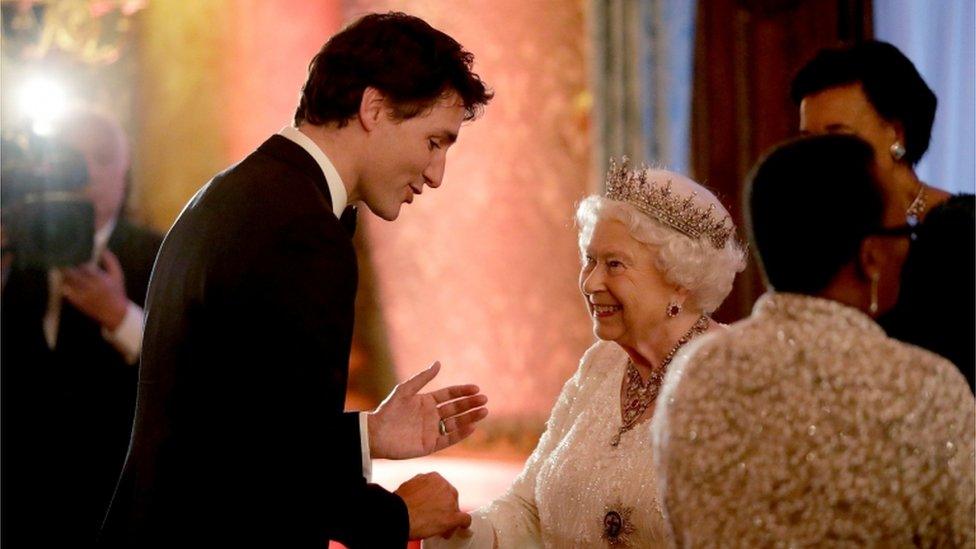
Justin Trudeau, prime minister of Canada since 2015, was among the leaders presented to the Queen
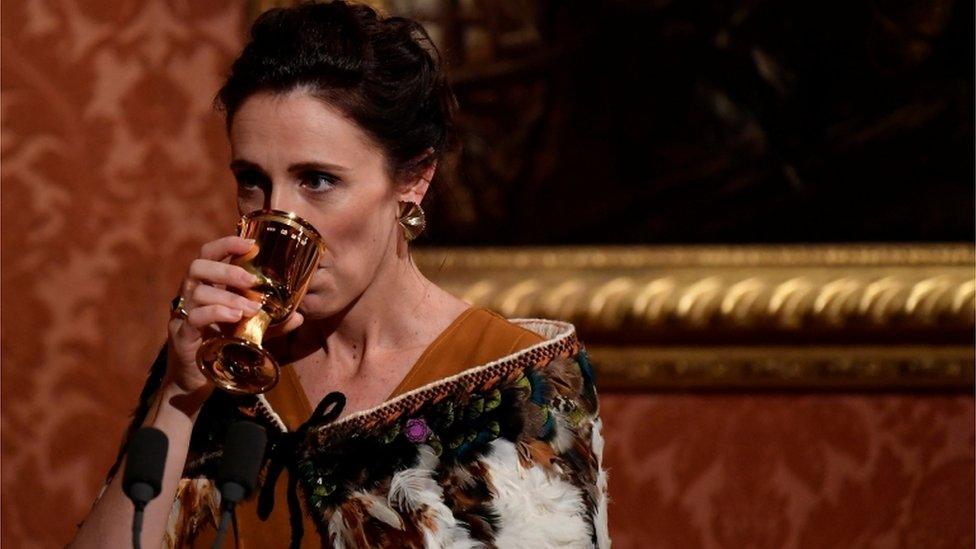
New Zealand's Prime Minister Jacinda Ardern, who is seven months pregnant, gave a speech at the Queen's Dinner

Analysis: fait accompli?
By James Landale, BBC diplomatic correspondent
In theory, the decision that the Prince of Wales should succeed the Queen as head of the Commonwealth is entirely up to the Commonwealth heads of government. It is not an hereditary role.
Yet today we saw the culmination of a concerted operation by the British government and royal establishment to present this decision as a fait accompli against which it would be almost impossible to argue.
So, barring unforeseen objections, the Prince of Wales looks likely to succeed the Queen as head of the Commonwealth. But note this: the government leaders could have decided that the organisation should always be led by the British head of state, whoever he or she may be.
That, however, I am told, is not going to happen. They will back Prince Charles for now but they will not write a blank cheque to the British royal family in perpetuity. In other words, if the Duke of Cambridge wants the job one day, he is going to have to work for it like his father.

Prime Minister Theresa May told the leaders the summit would "take on some of the 21st Century's biggest questions".
Speaking in the ballroom, which was decorated with flags of the 53 nations, Mrs May said: "There have been difficulties, successes, controversies, but I believe wholeheartedly in the good that the Commonwealth can do."
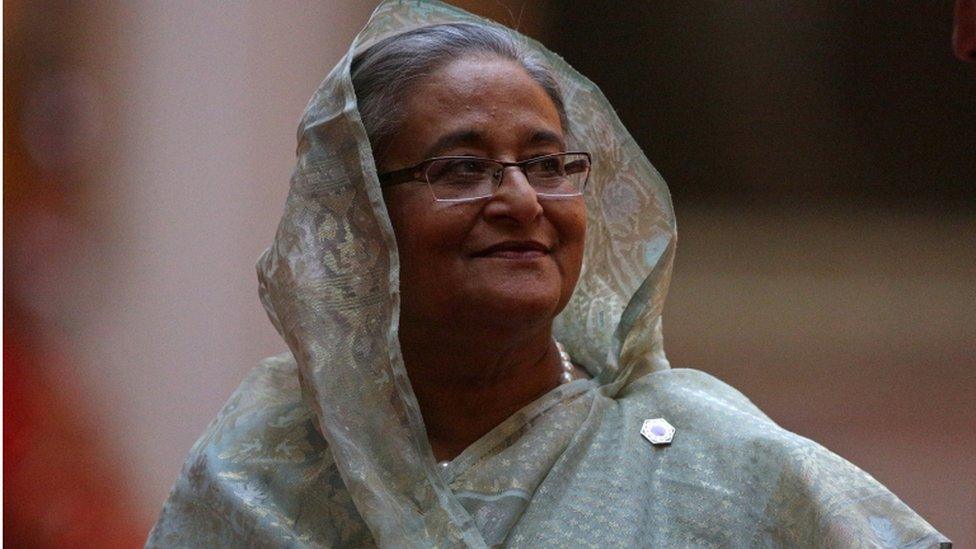
Sheikh Hasina, serving her third term as Bangladesh's prime minister, was among the female leaders joining the Queen
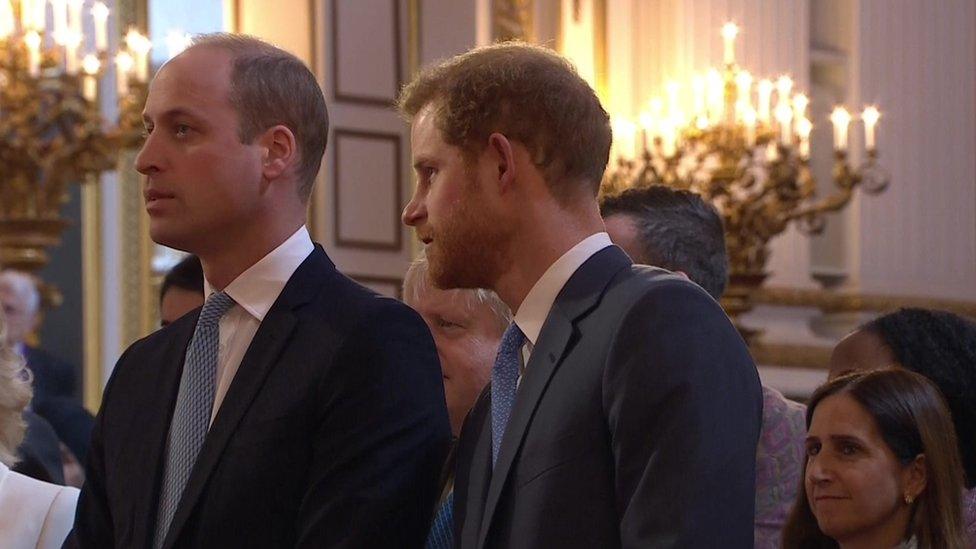
Prince William and Prince Harry were among the members of the royal family to attend the opening ceremony
The prime minister also thanked the Queen for hosting the event, calling the monarch a "steadfast and fervent champion" of the Commonwealth.
Outside, more than 100 officers and soldiers from the Coldstream Guards were in honour guard, wearing scarlet tunics and bearskins, as a 53 gun salute marked the formal opening.
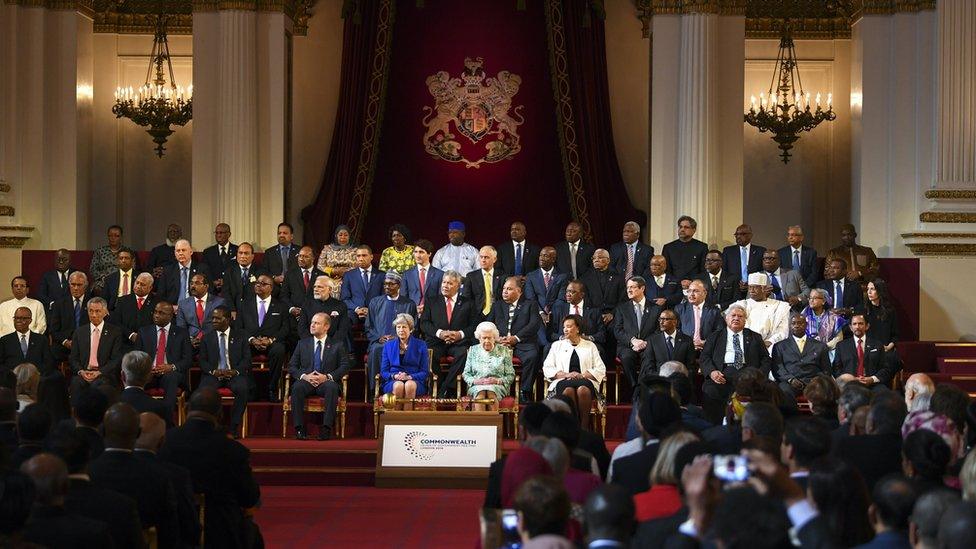
The leaders gathered in the Buckingham Palace ballroom
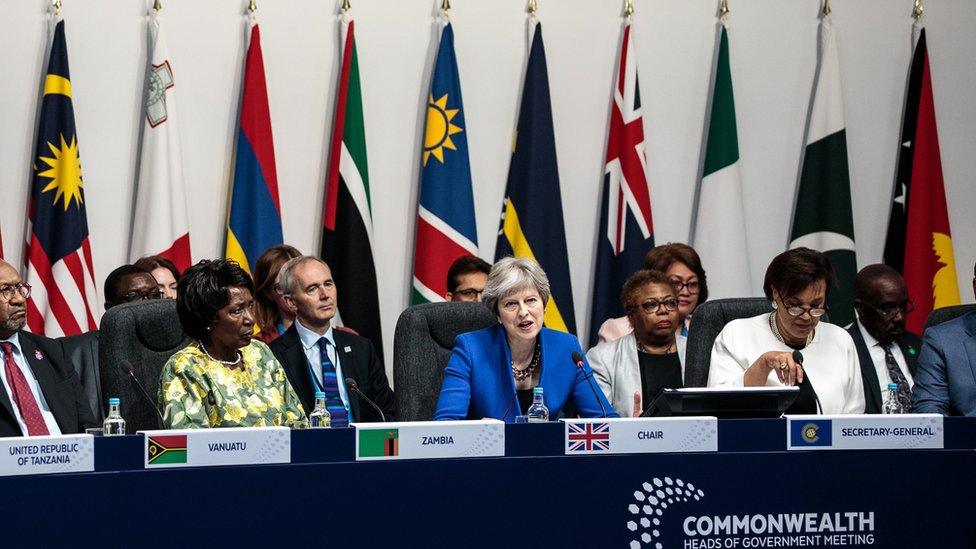
Theresa May opened the summit
The ceremony is being attended by 46 Commonwealth heads of government, out of the 53 member states, with the remaining attendees being foreign ministers.
Earlier, Prince Charles told attendees the modern Commonwealth had a "vital role to play", adding: "I pray that this [meeting] will not only revitalise the bonds between our countries, but will also give the Commonwealth a renewed relevance to all its citizens."
Camilla, Duchess of Cornwall, Prince Harry and Prince William were among the other royals in attendance.
The Commonwealth represents about 2.4bn people, but critics say the organisation is so disparate that it struggles to know what it is for, says BBC royal correspondent Jonny Dymond.
Some Commonwealth members were never part of the British Empire
Foreign Secretary Boris Johnson has said he will raise LGBT rights with leaders of Commonwealth nations on the fringes of the meeting.
But human rights campaigner Peter Tatchell, who attended a small protest outside the summit, said it was not Britain's place to "adopt a neo-colonial role to dictate" on LGBT rights.
He said: "Commonwealth leaders need to realise that we are not asking them to accept or approve of homosexuality, we're simply asking them to stop the persecution."
Mrs May said she would be "rallying" Commonwealth countries to follow the UK's fight against marine plastics - which has included a ban on microbeads and proposals to introduce a deposit return scheme for drinks containers in England.
"The Commonwealth is a unique organisation, with a huge diversity of wildlife, environments and coastlines," she said.
The UK is due to consult on proposals to ban plastic straws and cotton buds - 8.5bn of which are thrown away in the UK every year - as part of plans to tackle the issue.
It comes as 60 UK music festivals, including Bestival in Dorset and Boomtown in Hampshire, also pledged to ban plastic straws at their events this summer.
As head of the Commonwealth, the Queen presides over the meeting but does not take part in the leaders' discussions.

What is CHOGM?
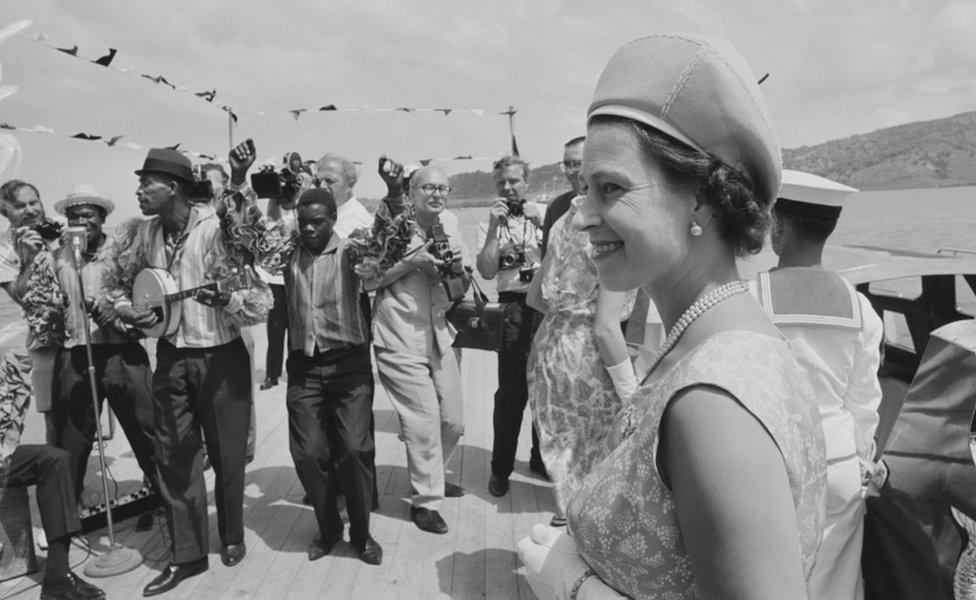
The Queen usually attends CHOGM or is represented by Prince Charles
The Commonwealth Heads of Government Meeting - or CHOGM - usually takes place every two years
It is attended by presidents and prime ministers from across the 53 member nations - as well as their family members, lobbyists and journalists
This year it is held in London and the previous meeting - in 2015 - took place in Valletta, Malta
The latest CHOGM was due to take place in 2017 on the Pacific island nation of Vanuatu - but Cyclone Pam devastated the country two years earlier
At the end of two days of deliberations, the leaders usually agree a communique on a major issue

- Published19 April 2018
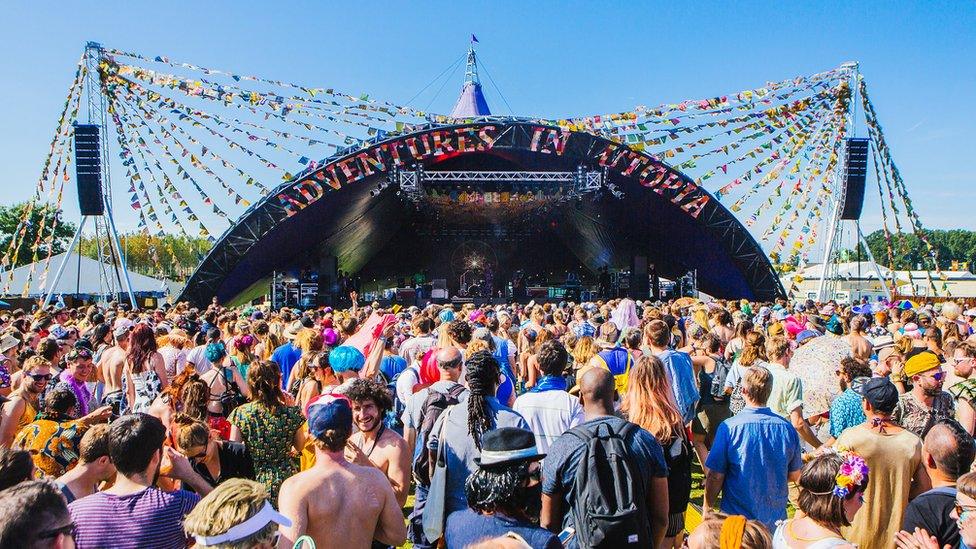
- Published25 April 2023
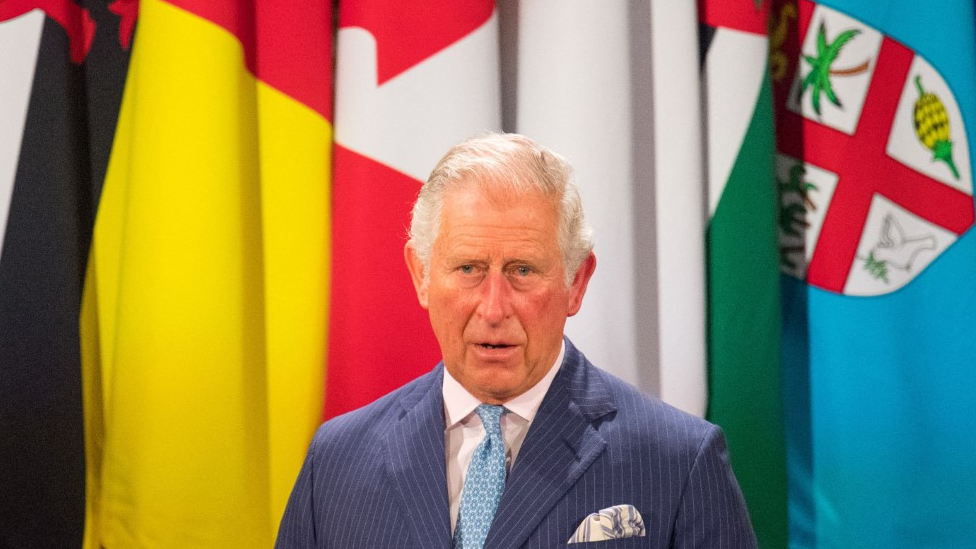
- Published19 April 2018
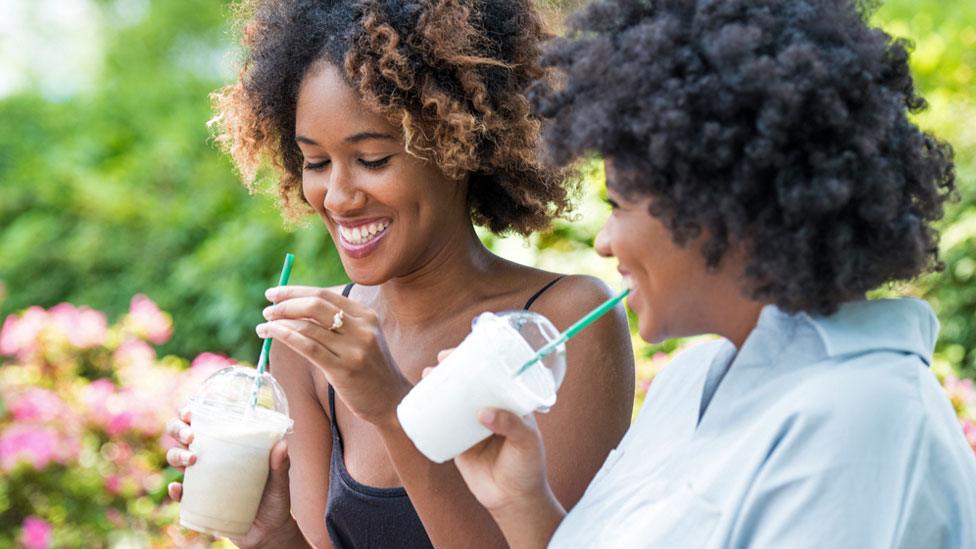
- Published13 February 2018
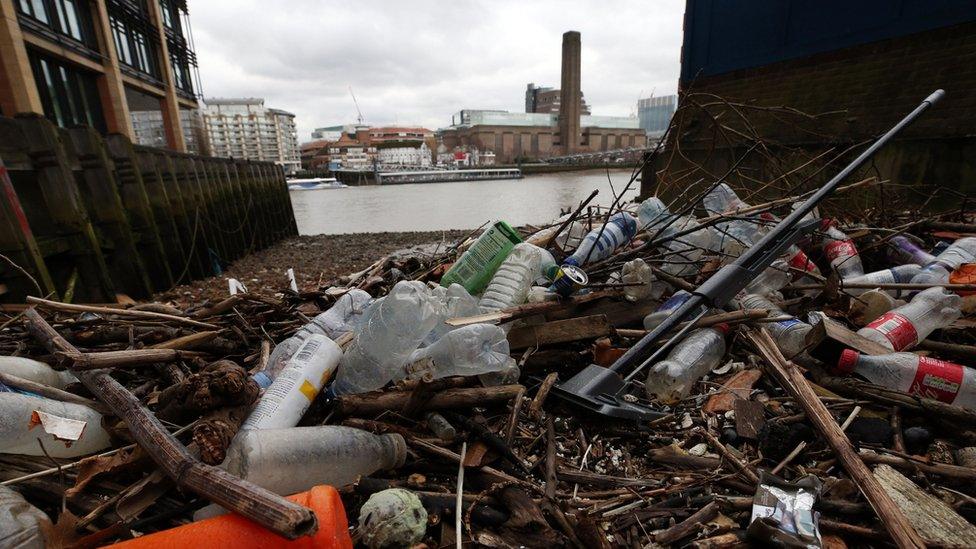
- Published5 December 2017
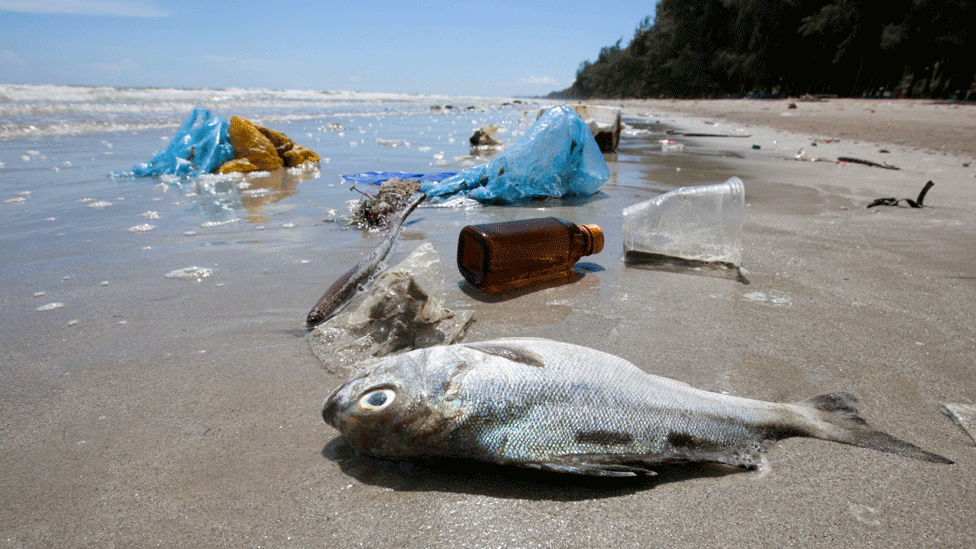
- Published15 April 2018
